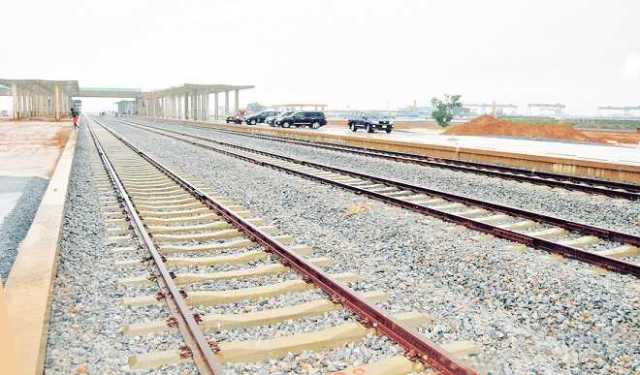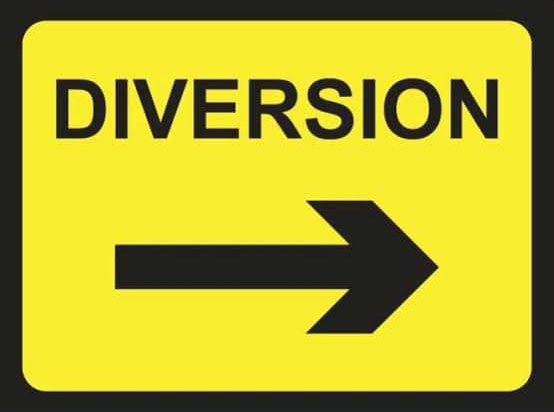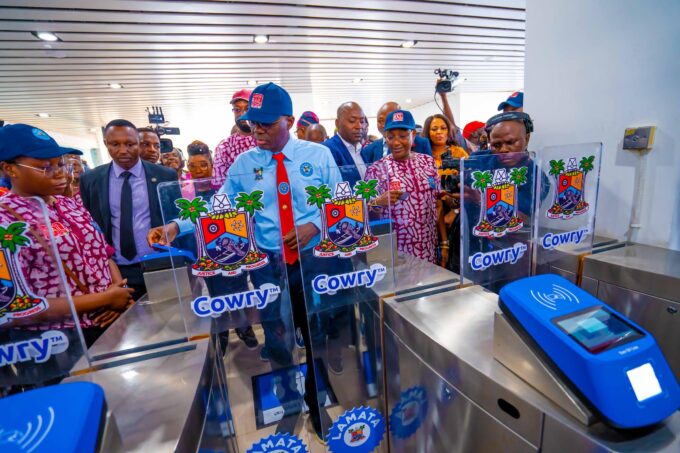September 15, 2023/CSL Research
Based on the recent data from the National Bureau of Statistics on rail transportation, the total revenue generated from the rail transport subsector grew by 76.68% y/y in Q2 2023 to N1.31bn from N740m in Q2 2022. This compares favorably with an increase of 31.91% q/q, from 983.9m in Q1 2023. Both quarterly and annually, the total revenue clearly improved. Specifically, the total revenue of the subsector is made up of income from passenger fees, freight, and other receipts.
The q/q growth in total revenue was mainly driven by price hikes as passenger traffic only increased marginally by 7.33%, from 422,393 in Q1 to 474,117 in Q2. According to the data, passenger fees increased +43.27% q/q to N1.1bn in Q2 2023 (accounting for 84.2% of gross revenues during the quarter). Revenue receipts from other income dipped 45% q/q to c. N18.7m, while freight revenue amounted to over NGN188m, an increase of 3.73% q/q from N181m in Q1 2023.
Based on news reports, the resumption of operations on the Abuja-Kaduna railway line in December 2022 may have partly contributed to the q/q rise in total revenue. We recall that the federal government suspended the Abuja-Kaduna rail line operations in March 2022 due to security concerns. Q2 2023 GDP numbers showed that the rail subsector grew by 16.88% y/y, an improvement over the contraction of -49.1% y/y in the previous quarter. In terms of contribution, rail transport accounted for less than 1% (0.01%) of the transportation sector’s real GDP in Q2 2023, which suggests more can be done to maximize the subsector’s contribution.
Looking ahead, we anticipate improved revenue for the rest of 2023, as we believe the federal government will be implementing various security measures as communicated to address the security challenges faced by the sub-sector. Again, the new blue-light rail which started operations recently at the nation’s commercial hub, Lagos should also drive revenue growth. Railways are a climate-smart and efficient way to move people and freight and promote economic growth while cutting greenhouse gas emissions. They are a clean and compact way to move millions of passengers and millions of tons of goods across countries. That said, the high level of insecurity in the country is a major bottleneck to patronage despite the FG’s efforts to integrate rail transport into the Nigeria transportation system. Decisive and effective steps to address these security concerns is a major key to improving the fortunes of the subsector.













